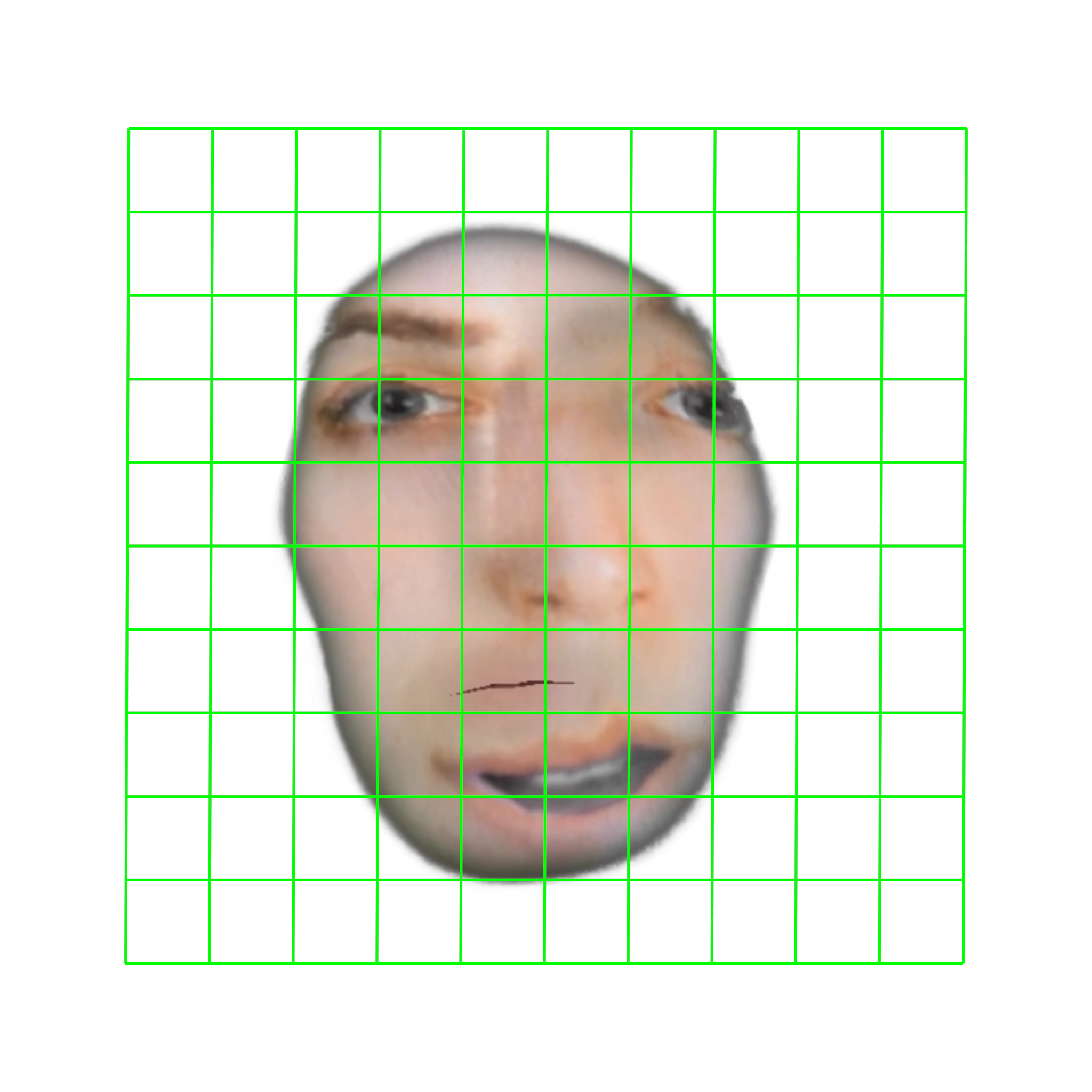Jessica Tucker is an American and Dutch artist, musician, and educator. In her performances, videos, sculptures, and installations, she playfully examines how we use virtual vision to construct and distort our concept of the embodied self. She has performed and exhibited her work throughout Europe and the USA, including Rewire Festival, FOAM Museum of Photography, Goethe Institut, the Van Gogh Museum, and Mana Contemporary. She is currently conducting new artistic research in Berlin and at the Karlsruhe Institut für Technologie, supported by the Fulbright Germany program. In 2023-24, she was a Grant Wood Fellow and Visiting Assistant Professor at the University of Iowa, specializing in interdisciplinary performance using digital media. She has also been supported by the Mondriaan Fonds, Chicago Artists Coalition, Thoma Foundation, and DCASE, among others.
